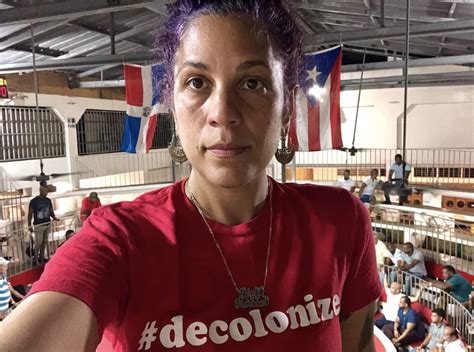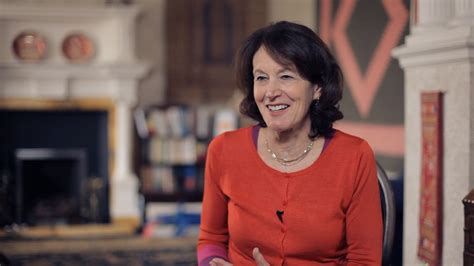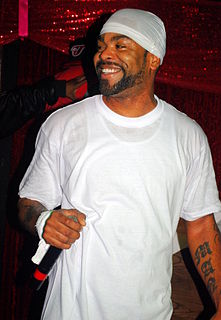A Quote by Mahesh Manjrekar
When my daughter went to school, her last name was mine. The school insisted that her father's name be added to hers, not her mother's. The fact that the mother kept her in her womb for nine months is forgotten. Women don't have an identity. She has her father's name today and will have her husband's tomorrow.
Related Quotes
Her [Eleanor Roosevelt] father was the love of her life. Her father always made her feel wanted, made her feel loved, where her mother made her feel, you know, unloved, judged harshly, never up to par. And she was her father's favorite, and her mother's unfavorite. So her father was the man that she went to for comfort in her imaginings.
The adolescent does not develop her identity and individuality by moving outside her family. She is not triggered by some magic unconscious dynamic whereby she rejects her family in favour of her peers or of a larger society.... She continues to develop in relation to her parents. Her mother continues to have more influence over her than either her father or her friends.
I know also another man who married a widow with several children; and when one of the girls had grown into her teens he insisted on marrying her also, having first by some means won her affections. The mother, however, was much opposed to this marriage, and finally gave up her husband entirely to her daughter; and to this very day the daughter bears children to her stepfather, living as wife in the same house with her mother!
But her name was Esmé. She was a girl with long, long, red, red hair. Her mother braided it. The flower shop boy stood behind her and held it in his hand. Her mother cut it off and hung it from a chandelier. She was Queen. Mazishta. Her hair was black and her handmaidens dressed it with pearls and silver pins. Her flesh was golden like the desert. Her flesh was pale like cream. Her eyes were blue. Brown.
Hats change everything. September knew this with all her being, deep in the place where she knew her own name, and that her mother would still love her even though she hadn’t waved goodbye. For one day her father had put on a hat with golden things on it and suddenly he hadn’t been her father anymore, he had been a soldier, and he had left. Hats have power. Hats can change you into someone else.
He made a sound like a choked laughed before he reached out and pulled her into her arms. She was aware of Luke watching them from the window, but she shut her eyes resolutely and buried her face against Jace's shoulder. He smelled of salt and blood, and only when his mouth came close to her ear did she understand what he was saying, and it was the simplest litany of all: her name, just her name.
I mean, her father was an alcoholic, and her mother was the suffering wife of a man who she could never predict what he would do, where he would be, who he would be. And it's sort of interesting because Eleanor Roosevelt never writes about her mother's agony. She only writes about her father's agony. But her whole life is dedicated to making it better for people in the kind of need and pain and anguish that her mother was in.
I have known her longer, my smile said. True, you have been inside the circle of her arms, tasted her mouth, felt the warmth of her, and that is something I have never had. But there is a part of her that is only for me. You cannot touch it, no matter how hard you might try. And after she has left you I will still be here, making her laugh. My light shining in her. I will still be here long after she has forgotten your name.
As a teenage daughter hears her sweet mother plead unto the Lord that her daughter will be inspired in the selection of her companions, that she will prepare herself for a temple marriage, don't you believe that such a daughter will seek to honor this humble, pleading petition of her mother, whom she so dearly loves?
Duende I can't remember her name. It's not as though I've been in bed with that many women. The truth is I can't even remember her face. I kind of know how strong her thighs were, and her beauty. But what I won't forget is the way she tore open the barbecued chicken with her hands, and wiped the grease on her breasts.


































